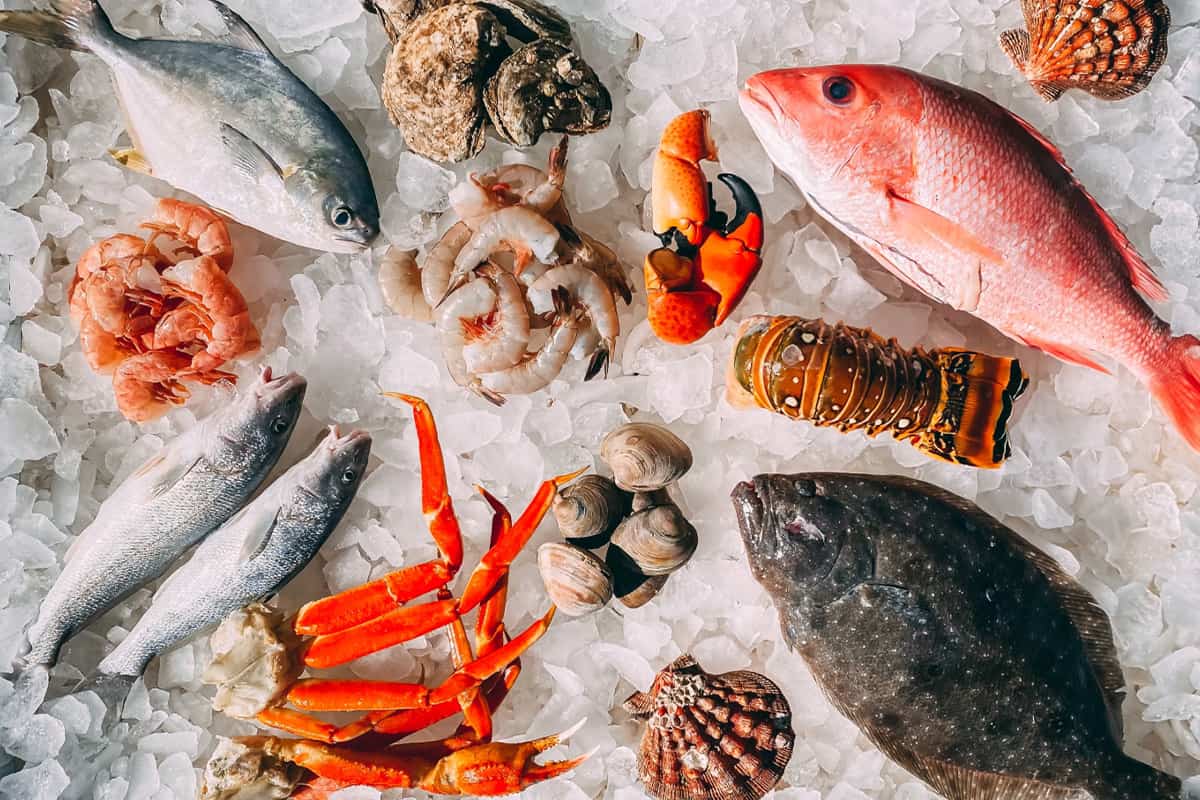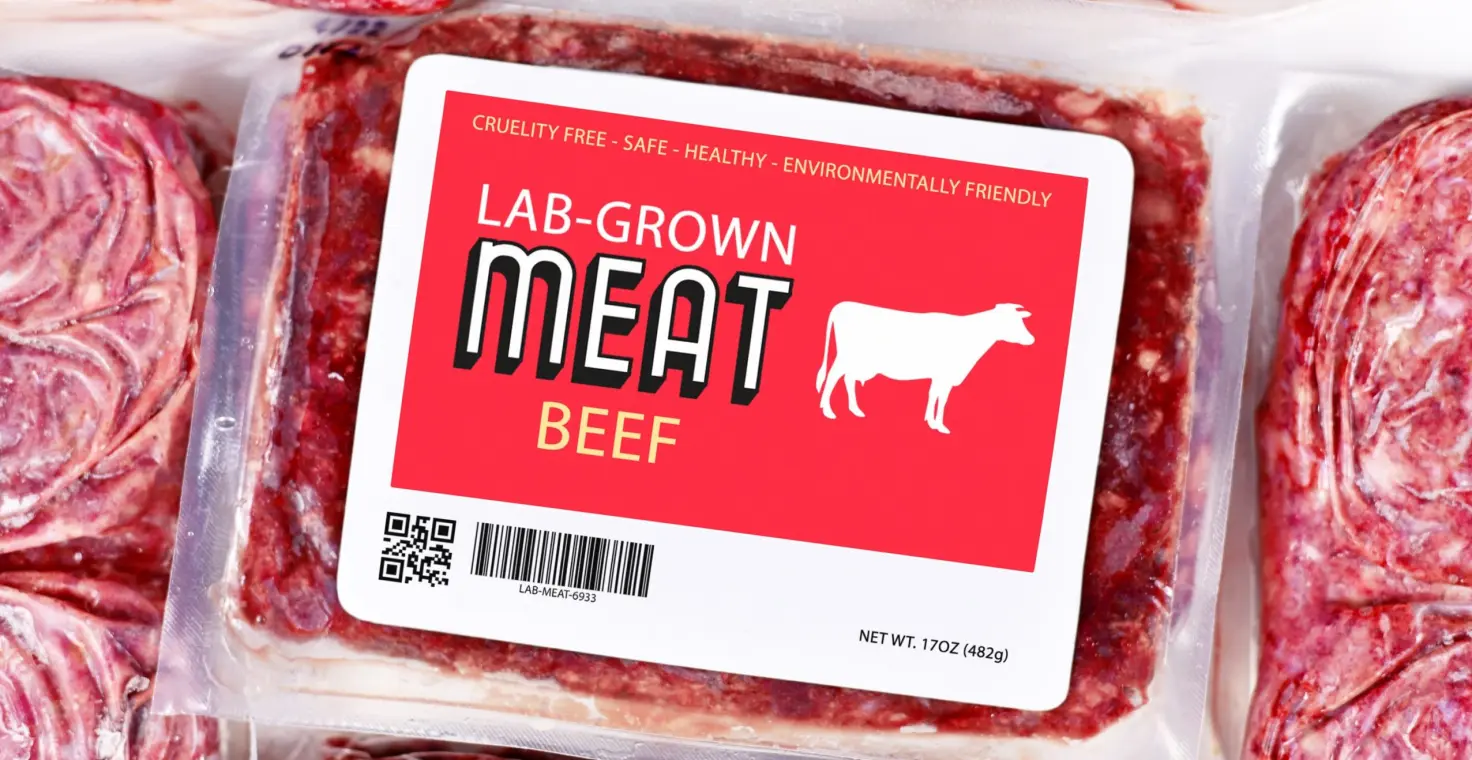- Biotechnology company Triplebar and cultivated seafood platform company Umami Meats signed a letter of intent to collaborate on development of cell lines for sustainable cultivated seafood – starting with Japanese eel
- Together, teams will improve the fitness and performance of cell lines to enable lower-cost, more efficient production of cultivated fish, reducing supply-chain risks, and relieving pressure on decimated fish stocks
- An increasingly popular ingredient for sushi and other Japanese dishes, eels are critically endangered in the wild, and eel aquaculture is unsustainable due to reliance on wild-caught glass eels

EMERYVILLE, Calif. & SINGAPORE–(BUSINESS WIRE)–Biotechnology company Triplebar and cultivated seafood platform company Umami Meats are partnering to co-develop optimized cell lines suitable for large-scale production of cultivated seafood – starting with one of the most popular and critically endangered fish species.
“Biotechnology can make our global food system more robust, and relieve pressure on the ecosystem, which is facing a catastrophic collapse in biodiversity.”
Emeryville, Calif.-based Triplebar and Singapore-headquartered Umami Meats signed a letter of intent this month to collaborate on shared technical milestones, with the unified mission of producing commercially viable, scalable, and affordable cultivated seafood. Their first project will be Japanese eel.

Together, Triplebar and Umami teams will work to improve the fitness and performance of cell lines to enable lower-cost, more efficient production of cultivated foods. The shared goal is to reduce the cost of high-quality foods, reduce supply-chain risks in the global fishing and aquaculture industry, and relieve pressure on depleted fish stocks in the world’s oceans.
“The solution to the global seafood problem is to leverage science and technology to make high-quality food affordably and sustainably,” said Maria Cho, CEO of Emeryville, Calif.-based Triplebar. “Biotechnology can make our global food system more robust, and relieve pressure on the ecosystem, which is facing a catastrophic collapse in biodiversity.”

** Click here to read the full-text **








